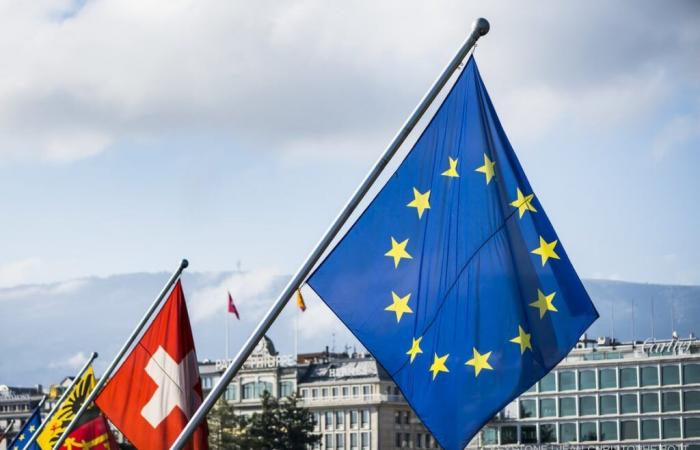THE CHRONICLE OF THE DIPLOMATIC CLUB OF GENEVA
Since March 2024, Switzerland has engaged in negotiations aimed at updating and enriching the bilateral agreements governing its relations with the European Union (EU). These discussions focus on already established areas such as air and land transport, the free movement of people, mutual recognition and agricultural products, but also on new strategic sectors: electricity, food security, health, state aid, participation in European programs, and Swiss contribution to European cohesion.
Although the final outcome of the negotiations is not yet known, some key elements are already emerging. It is appropriate, at this stage, to identify the main challenges to be addressed, which first requires taking stock of the state of the negotiations.
Bilateral III will introduce institutional mechanisms aimed at consolidating existing and future market access agreements, notably in areas such as electricity and food security, while ensuring regular updating of their content through the resumption dynamics of EU law.
Switzerland, although excluded from the decision-making process, will nevertheless be able to participate in the development of European rules in the areas that concern it (decision-shaping). Disputes between Switzerland and the EU will be brought before the joint committee, which will seek a political solution acceptable to both parties. Failing a solution, the dispute may be submitted to an arbitration tribunal, in which a Swiss representative will sit.
A non-regression clause in the adoption of EU law regarding wage protection could be integrated
Christine Kaddous
In these negotiations, Switzerland is also aiming for the gradual return of Swiss researchers to the Horizon Europe program and participation in Erasmus+ from 2027. For the free movement of people, Switzerland was able to assert a limitation on the right to social assistance of unemployed foreign workers after a specific period. A non-regression clause in the adoption of EU law regarding the protection of wages could be integrated.
However, the Swiss demand for a unilateral safeguard clause seems unacceptable to the European Commission and most member states. This should not, however, exclude criteria being negotiated with a view to applying the existing safeguard clause. Finally, the Swiss financial contribution to cohesion is still under negotiation.
We can see it clearly. Many challenges are posed by Bilateral III. Here are a few. The risk of an increase in migratory flows is serious, hence the need to put in place safeguard measures on free movement. A stricter asylum policy would be essential to address the population’s concerns. The dynamic resumption of EU law in sectors where Switzerland benefits from market access must not compromise the fundamental principles of the Swiss constitutional regime, which must be fully preserved with its direct democracy and federalism. Switzerland’s financial participation in European cohesion represents a sensitive subject requiring a balance between European commitments and national interests.
Bilateral III must also be assessed in the light of the advantages provided to Swiss companies, by creating an area of legal security conducive to business development, while ensuring easier access to the EU internal market.
Christine Kaddous
The responses that will be provided to these challenges within the framework of Bilateral III must be assessed in the light of the advantages that these same agreements could provide to Swiss companies and economic operators, by creating an area of legal security conducive to business development, while ensuring easier access to the EU internal market. The reintegration of Switzerland into European programs could strengthen international collaborations and innovation prospects, valuable assets for Swiss companies. Finally, Switzerland would retain its autonomy to diversify its economic partnerships throughout the world, as it has already done with China and India.
It’s up to everyone to form their own opinion at the end of the negotiations and, when the time comes, at the ballot box…






